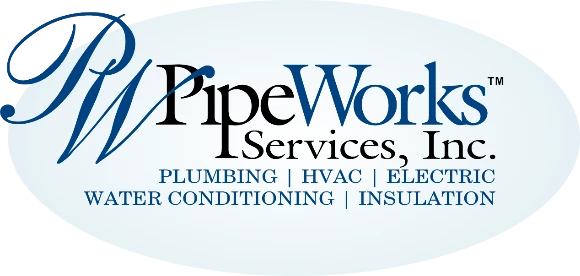Minerals that are suspended in your home’s incoming water supply can settle in the bottom of your home’s water heater. When you have hard water, this can happen faster. The harder your water, the faster the sediment accumulates.
The accumulated layer of sediment acts as a layer of insulation in gas water heaters where the burners are on the bottom. This can cut down on the efficiency of your water heater and increase your energy costs. In some cases, sediment accumulation can lead to the failure of your water heater.
Sediment can be stirred up by water coming into the water heater and then they are carried into your faucet aerators, showerheads, and the filter for your washing machine. This can cause restriction of the water flow to your plumbing and appliances, so removing sediment is vital.
You can prevent sediment from accumulating in your water heater by flushing it out every six months. You can also prevent sediment from settling with a water softener.
A new gas water heater will run at standard efficiency levels. The efficiency level drops when there is sediment covering the heat transfer surface. Cleaning the tank and draining it every six months maintains energy savings.
In an electric water heater, the unit is at top efficiency and drops when sediment reaches the lower heating element. After draining and removing sediment, it will no longer reach the lower element, and efficiency is restored.
To clean the bottom of your unit, whether it’s an electric water heater or gas water heater, the procedures are the same:
- Turn off the water.
- Turn off the gas at the pilot. If you have an electric water heater, turn off the circuit breaker.
- Open the spigot to allow in air.
- Open the water heater drain and drain the water from the tank.
- Once the tank is drained, turn the water back on and continue flushing the tank until the water is clean.
If all of this sounds too complicated, you can always contact a professional to inspect your water heater and perform any services needed. For more information on water heaters, contact Pipe Works Services




